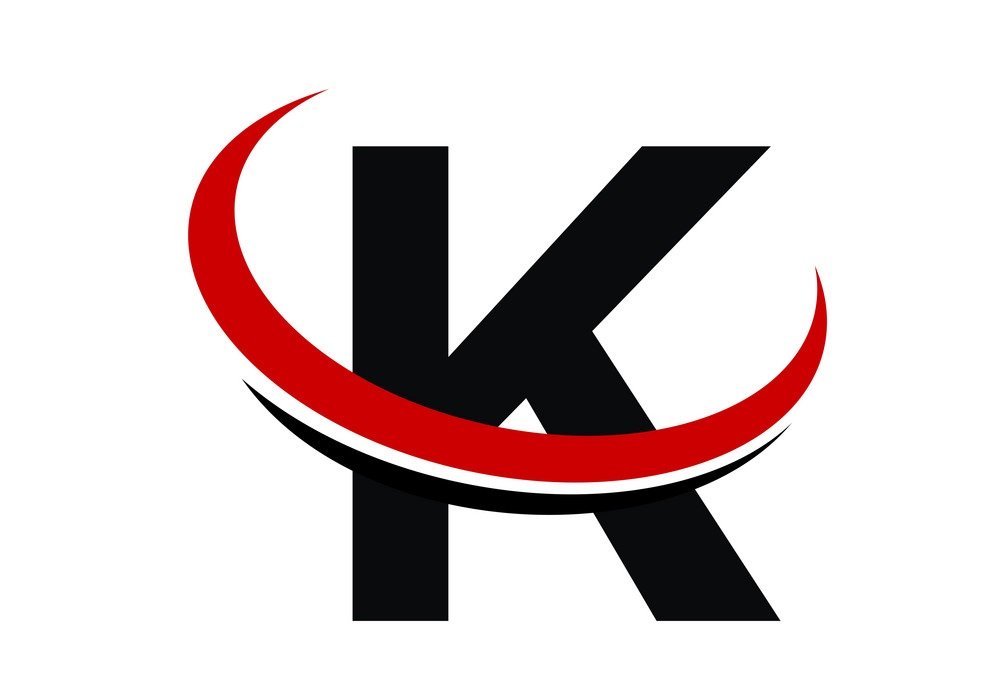The decision to buy a refurbished or brand-new laptop can be a tough one. Both options have their advantages and disadvantages. To help you make an informed choice, let’s delve into the key differences, pros, and cons of each.
Understanding Refurbished Laptops
A refurbished laptop is a pre-owned device that has been returned to the manufacturer or retailer for various reasons, such as customer returns or defects. These laptops undergo a thorough inspection, repair, and cleaning process before being resold at a discounted price.
Pros of Refurbished Laptops:
- Cost-effective: Refurbished laptops typically offer significant savings compared to their brand-new counterparts.
- Environmentally friendly: Buying refurbished helps reduce electronic waste.
- Good condition: Many refurbished are in excellent condition with minimal signs of wear and tear.
- Warranty coverage: Reputable retailers often provide warranties on refurbished laptops.
Cons of Refurbished Laptops:
- Uncertainty: There is always a risk of encountering hidden defects or issues.
- Limited selection: The availability of specific models and configurations might be restricted.
- Potential for shorter lifespan: Refurbished might not have the same longevity as brand-new ones.
- Missing accessories: Some refurbished laptops might come without original accessories.
The Appeal of Brand-New Laptops
A brand-new laptop offers the Latest Technology, features, and performance. It comes with a fresh warranty and is often backed by comprehensive customer support.
Pros of Brand-New Laptops:
- Latest technology: You get the most up-to-date hardware and software.
- Peace of mind: Full warranty coverage and no risk of hidden issues.
- Customization options: Choose the exact specifications and configuration you want.
- Better resale value: Brand-new tend to hold their value better.
Cons of Brand-New Laptops:
- Higher cost: Brand-new laptops are generally more expensive than refurbished ones.
- Environmental impact: Contributing to electronic waste.
- Potential for obsolescence: Technology evolves rapidly, and your might become outdated sooner.
Which One Should You Choose?
The best choice between a refurbished and brand-new laptop depends on your specific needs, budget, and priorities. Here are some factors to consider:
- Budget: If cost is a primary concern, a refurbished laptop can offer excellent value.
- Need for the latest technology: If you require the most recent features and performance, a brand-new laptop is the way to go.
- Risk tolerance: If you are comfortable with potential risks, a refurbished laptop can be a good option.
- Environmental consciousness: Choosing a refurbished can help reduce electronic waste.
Expert Tips:
- Research the seller: When buying a refurbished laptop, choose a reputable retailer with a good return policy.
- Check the warranty: Ensure the refurbished comes with a warranty for added protection.
- Inspect the device: If possible, examine the carefully for signs of damage before purchasing.
- Consider your usage: Determine your specific needs to decide if a refurbished or brand-new is better suited for you.
Ultimately, the decision to buy a refurbished or brand-new is a personal one. By carefully considering the factors discussed above, you can make an informed choice that best fits your requirements and budget.
Conclusion
The choice between a refurbished and brand-new laptop ultimately hinges on individual priorities and financial constraints. Refurbished offer significant cost savings and environmental benefits while providing decent performance. However, there’s always a risk of encountering hidden issues.
On the other hand, brand-new guarantee the latest technology, peace of mind with warranties, and often better resale value. However, they come with a higher price tag and contribute to electronic waste.
By carefully considering your budget, tech needs, and risk tolerance, you can make an informed decision that best suits your lifestyle and preferences. Remember, thorough research and reading customer reviews can help you make the right choice.

